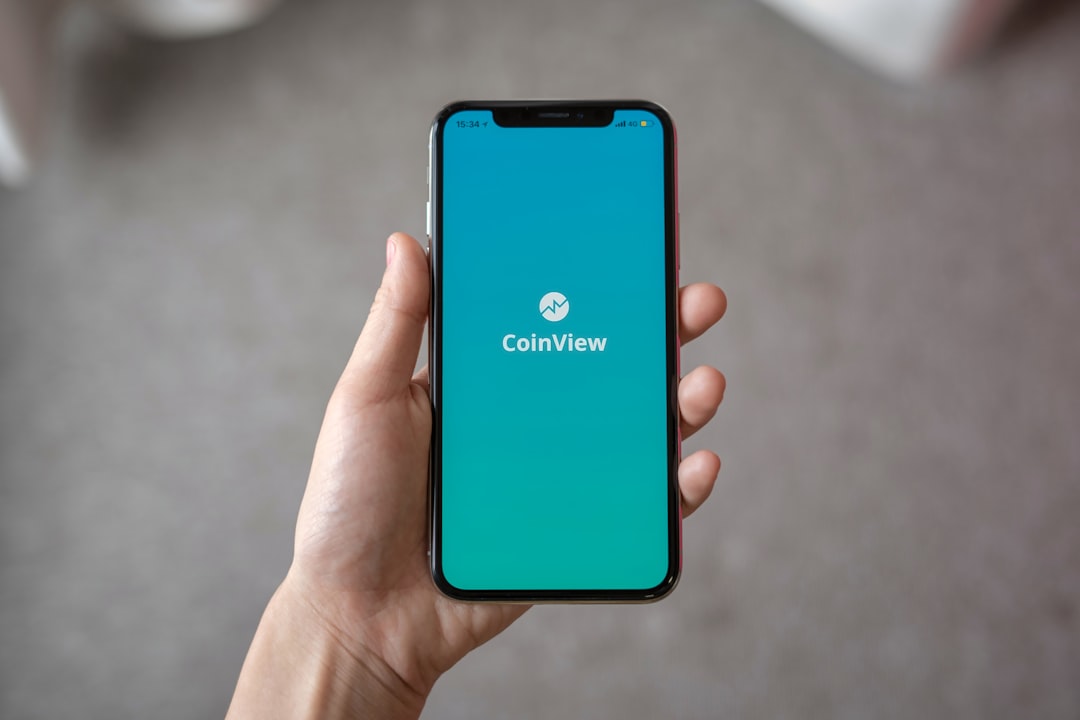In Jamestown, North Dakota, while not all robocalls are illegal, businesses must adhere to the Telephone Consumer Protection Act (TCPA). Prior express consent is required for legitimate robocalls. Residents experiencing unwanted or illegal robocalls can consult a Robocall Lawyer North Dakota or specialized robocall law firms North Dakota for guidance on their rights and TCPA-related legal options, ensuring compliance with state and federal regulations.
“Unwanted robocalls are a modern nuisance, but many believe they’re always illegal. This article debunks common myths about telemarketing in Jamestown and surrounding areas, shedding light on local regulations and resident rights. We explore the legal status of automated calls in North Dakota, including when they’re permissible, and how a robocall lawyer can help navigate these complex issues. By understanding your options, you can protect yourself from fraudulent practices and take proactive measures to safeguard against unwanted calls.”
Debunking the Myth: Robocalls are Always Unlawful
In Jamestown and surrounding areas, it’s common to hear concerns about robocalls, many assuming they’re always unlawful. However, this isn’t entirely true. While some robocalls are indeed illegal, particularly those from unknown or spoofed numbers designed to mislead recipients, not all automated calls fall into this category. Many businesses use robocall technology to reach customers with legitimate offers, appointment reminders, and other important information.
The key distinction lies in compliance with the Telephone Consumer Protection Act (TCPA). Legitimate robocalls must obtain prior express consent from the recipient before dialing. A robocall lawyer in North Dakota can help businesses navigate this complex area of law. If you’re facing unwanted or illegal robocalls, consult a robocall attorney in North Dakota to understand your rights and explore legal options available under the TCPA.
– Common misconceptions about automated calls
Many people in Jamestown and the surrounding areas have misconceptions about automated calls, often referred to as robocalls. One common myth is that all automated calls are illegal or unwanted. However, not all robocalls are fraudulent or violate consumer rights. Some businesses use this method to reach out to potential customers or provide important updates, adhering to legal guidelines and obtaining necessary permissions.
Another misconception is that individuals have no recourse against robocallers. In reality, there are laws in place to protect consumers from excessive or deceptive automated calls. If you’ve received unwanted or harassing robocalls, you may have the right to take action. Consult with a reputable robocall lawyer North Dakota or an attorney specializing in robocall law firms North Dakota to understand your rights and options, ensuring that your concerns are addressed effectively.
– Legal status of robocalls in North Dakota
In North Dakota, the legal status of robocalls is regulated by the Telephone Consumer Protection Act (TCPA). While automated phone calls for marketing purposes are generally allowed, there are stringent rules regarding consent and do-not-call lists. A robocall lawyer North Dakota or robocall attorney North Dakota can help ensure that businesses operating in Jamestown and surrounding areas comply with these regulations. Companies must obtain explicit permission before making automated calls and cannot call individuals listed on the National Do-Not-Call Registry.
Violations of TCPA rules can lead to substantial fines, making it crucial for businesses to seek legal counsel. A reputable robocall law firm North Dakota specializing in telecommunications law can guide companies through these complex regulations, protect them from legal repercussions, and help them develop effective marketing strategies that respect consumer privacy.
– When are robocalls permissible?
In North Dakota, the permissibility of robocalls is governed by state and federal laws designed to protect consumers from unwanted and intrusive marketing practices. According to the Telephone Consumer Protection Act (TCPA), businesses are generally prohibited from making automated telemarketing calls to residential telephone lines unless they have prior express consent from the caller. However, there are exceptions that allow certain types of robocalls, such as calls made for emergency purposes or by public safety agencies, and calls initiated with the consumer’s explicit permission.
For instance, a robocall lawyer or attorney in North Dakota can make automated calls to potential clients if they have obtained prior written consent. This means that individuals or law firms offering services related to robocall cases can utilize this marketing method, but they must adhere strictly to the legal guidelines. Consumers in Jamestown and surrounding areas who believe they’ve received illegal robocalls can seek advice from a reputable robocall law firm or attorney in North Dakota to understand their rights and explore potential legal remedies.






